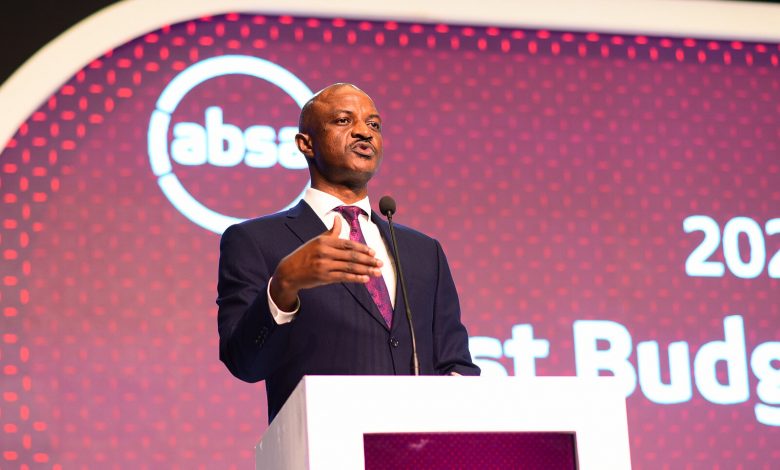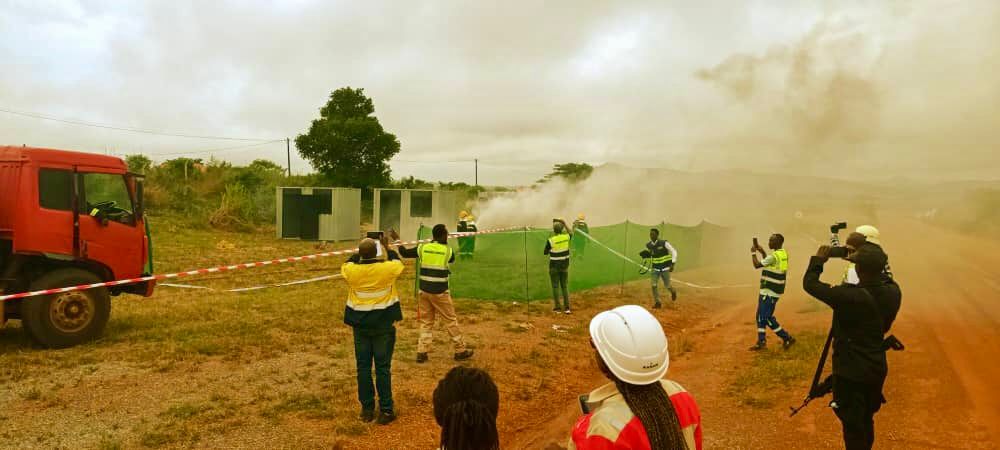Government cuts expenditures to redirect resources towards wealth creation
The government is set to redirect its resources towards wealth creation programs such as the Parish Development Model (PDM), a finance ministry official has said.

The government is set to redirect its resources towards wealth creation programs such as the Parish Development Model (PDM), a finance ministry official has said.
Through such programs, the government is facilitating more Ugandans to join the money economy and accelerate the economy’s rapid expansion.
The finance ministry Permanent Secretary and secretary to the treasury Ramathan Ggoobi speaking at a post-budget dialogue organized by Absa Bank last Friday in Kampala noted that this agenda will be achieved in the Financial Year 2023/24.
He said the government is looking to accelerate the full monetization of the economy to achieve socioeconomic transformation as it’s stipulated in the recent read budget theme.
“Key focus areas include the effective implementation of the Parish Development Model, upgrading of infrastructure, and continued support to the private sector to access affordable capital among others.
Ggoobi said the government has set aside Shs1.1 trillion for the PDM. He added that the money is with banks and that people must be prepared to access it. Our target in a few years is to have Shs5.5 trillion at the lowest level of the economy, he said.
He said that government will continue to support the private sector with to access affordable and patient capital through UDB, Agriculture Credit Facility, Small Business Recovery Fund, and Microfinance Support Centre on lending to SACCOs,” he said.
“To stimulate the economy, in the coming year $218m (Shs810b) will go towards supporting SMEs especially those that are export-oriented,” he said.
On infrastructure, Ggoobi said that funds have been allocated for the Standard Gauge Railway (SGR) as well as the Metre Gauge Railway which is being rehabilitated.
“The other issue is building infrastructure such as water, reliable electricity, and roads in industrial parks such as Mbale, Kapeeka, and Buikwe. Government has also put in place deliberate efforts to support the sustainable exploration of oil resources and activities are ongoing benefiting various players in the value chain,” he said.
The Absa Group Senior Economist for Sub-Saharan Africa Mpho Molopyane said that Uganda’s growth will be boosted by oil production which is estimated at 230,000 barrels per day.
According to Absa Group data, key developments in Uganda’s oil and gas sector include the commissioning of the Kingfisher field oil drilling, drilling at Tilenga (expected by the end of Quarter 3, 2023, FID on the refinery (expected by mid-2023), and construction licenses for EAPCOP issued among others.
In his remarks, Mumba Kalifungwa, the Managing Director of Absa Bank Uganda, applauded the finance ministry and the Central Bank for using the fiscal and monetary tools respectively in curbing inflation.
“I remain optimistic that reduced inflation will ultimately lead to a reduction of goods and services in the long run and an improvement in livelihoods. Investors are more likely to make long-term investment decisions when they can confidently predict future costs and returns,” he noted.







